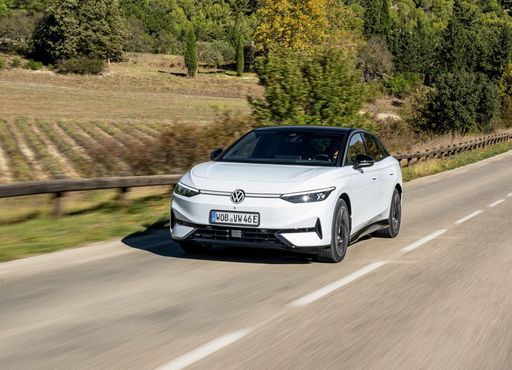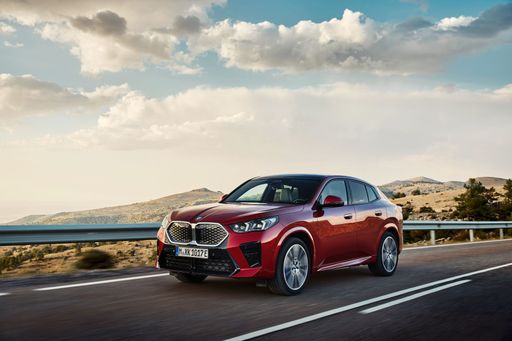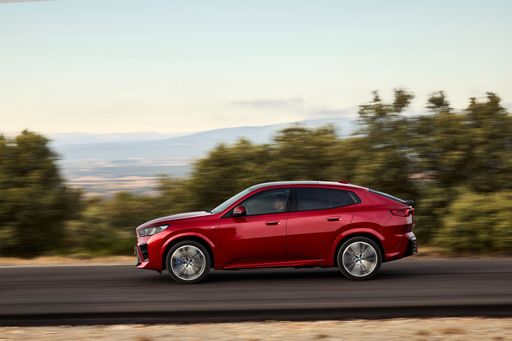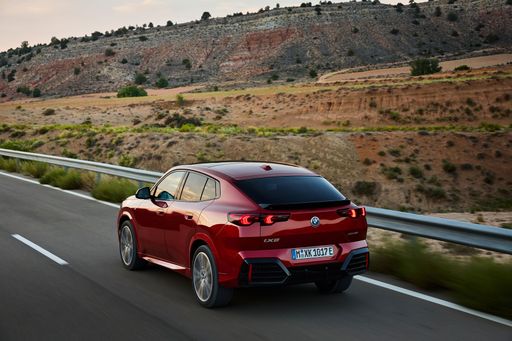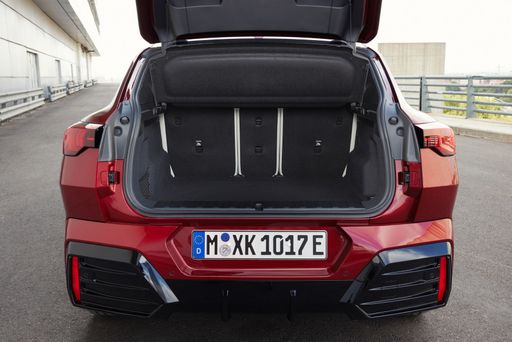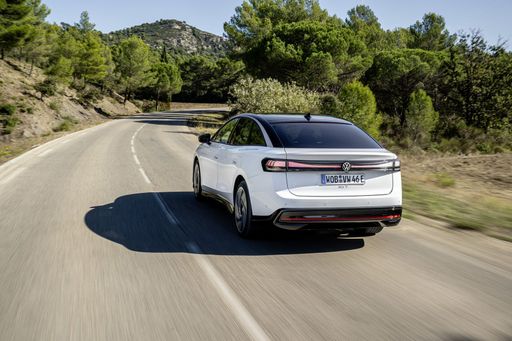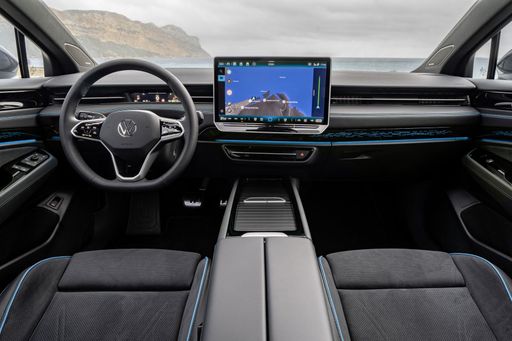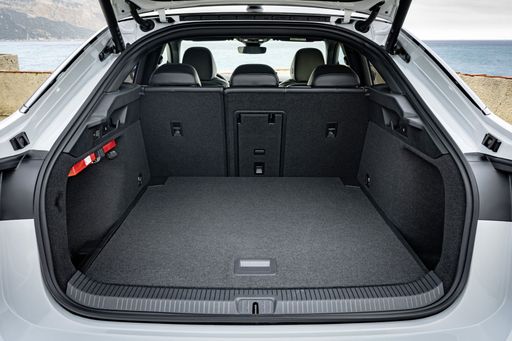Battle of the Electric Titans: BMW iX2 vs. VW ID.7
The electric vehicle market is becoming more crowded and competitive, with each automaker attempting to outdo the others with cutting-edge technology and dazzling designs. The BMW iX2 and VW ID.7 represent two formidable entries in the electric car segment, each bringing its unique strengths to the table. In this comparison, we delve into the technical specifications and innovations that set these models apart.

